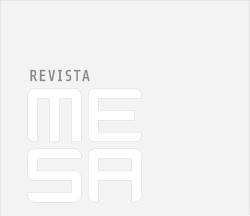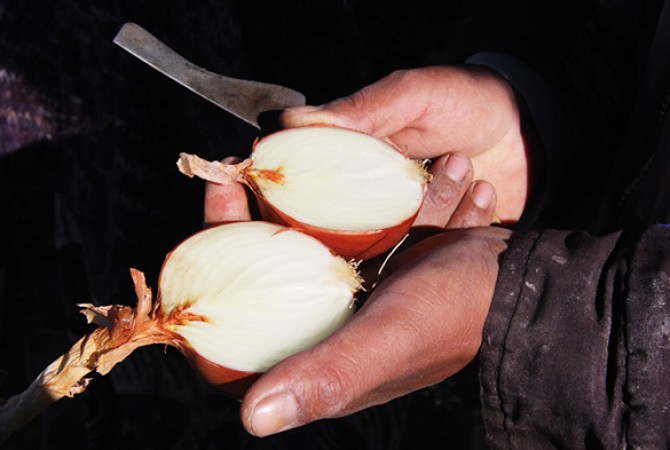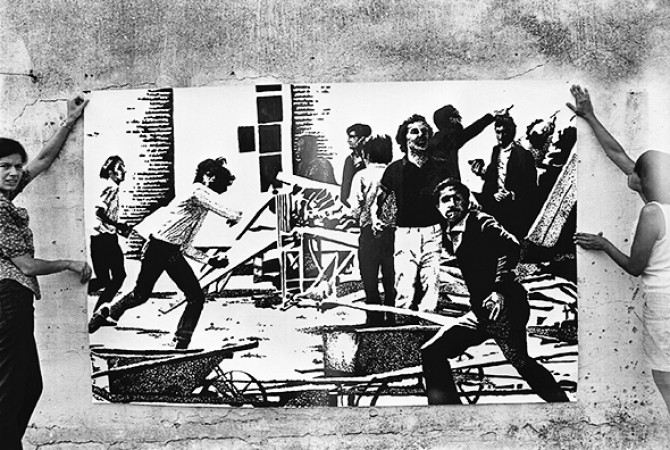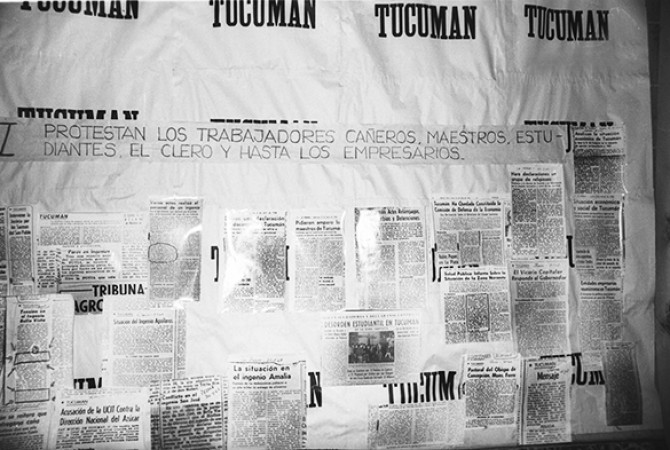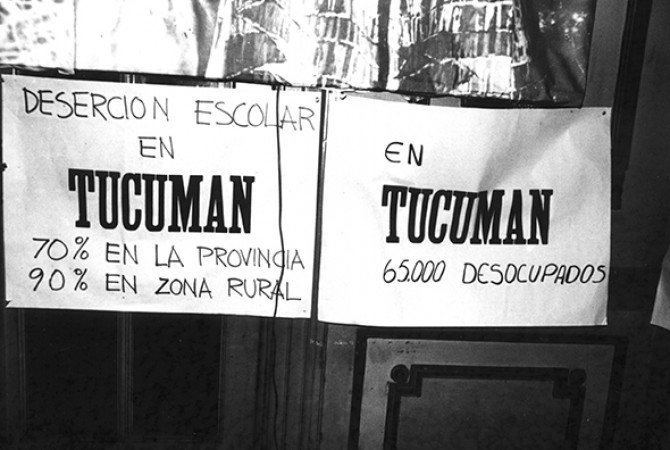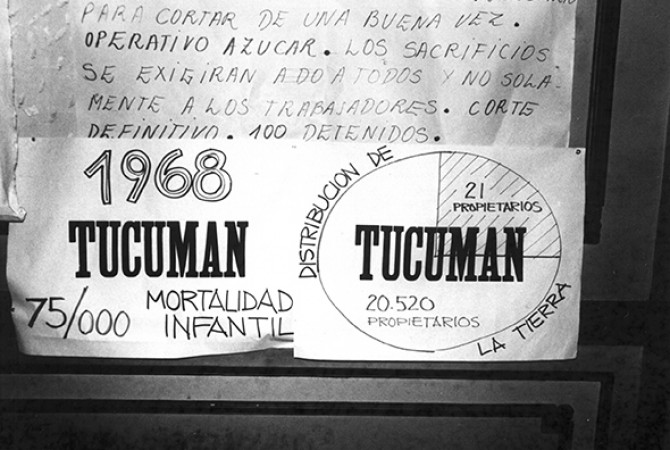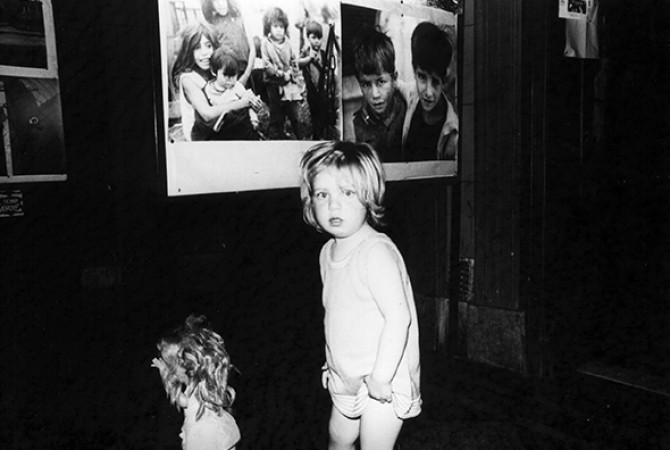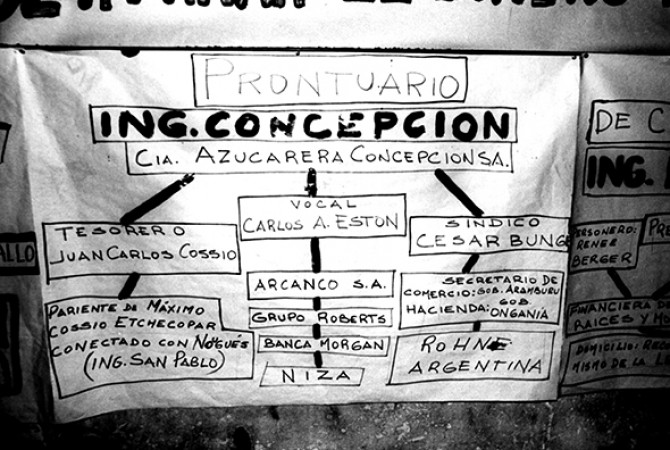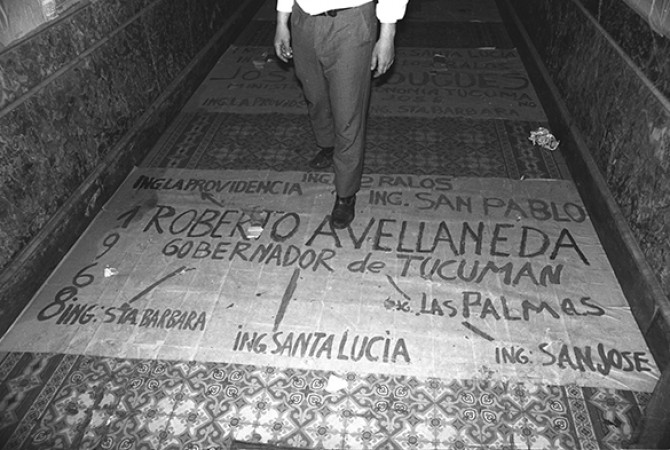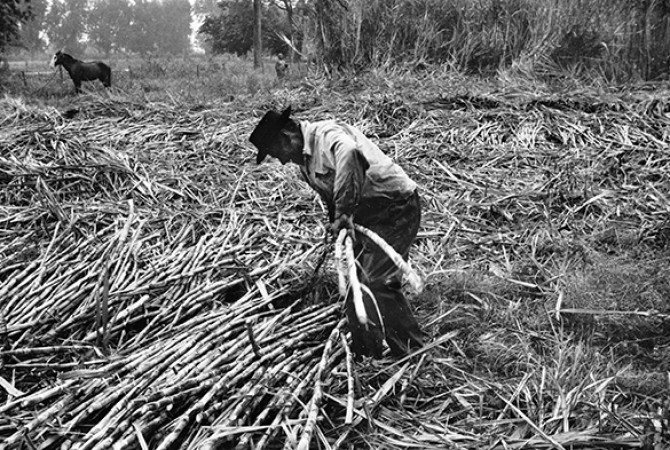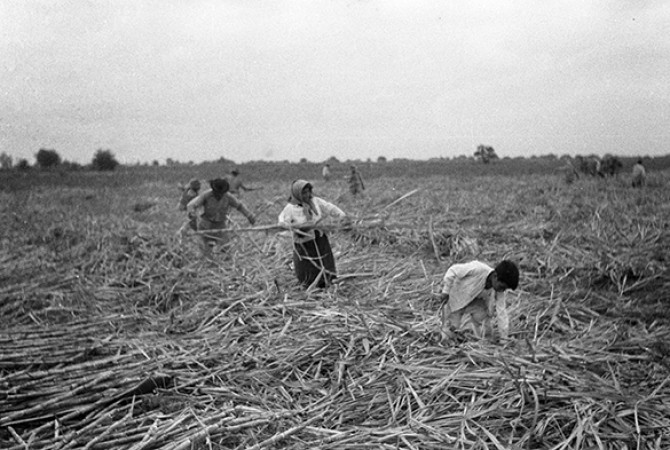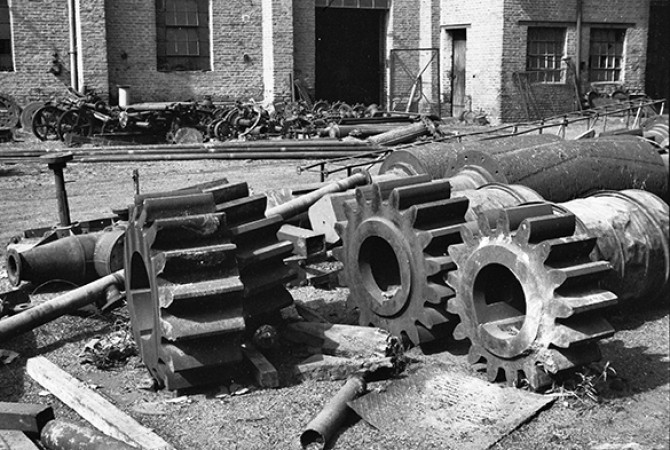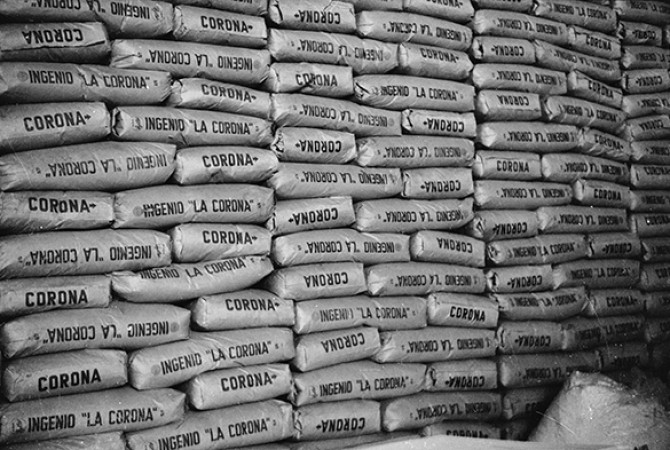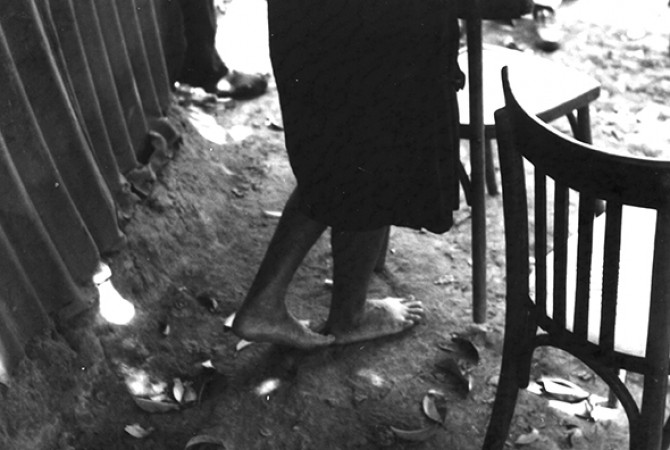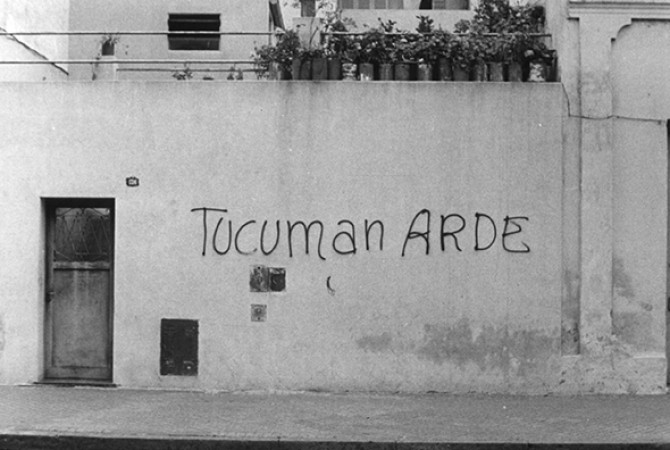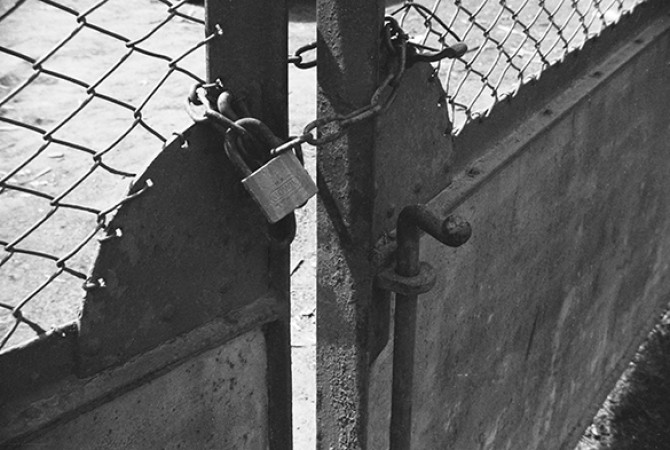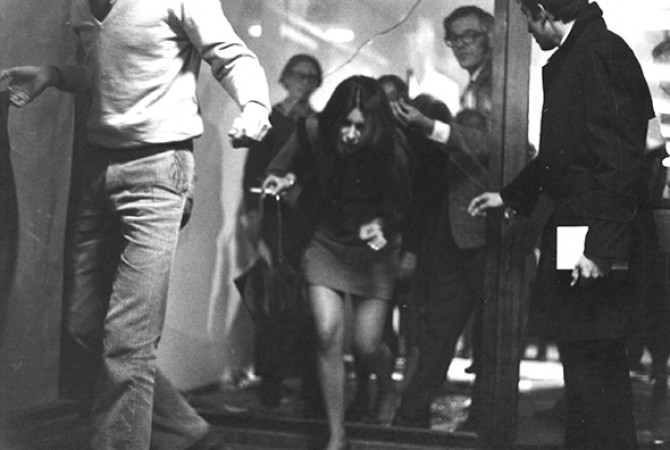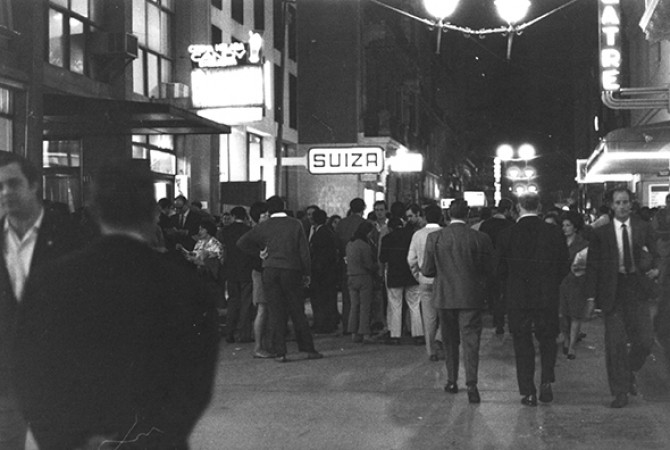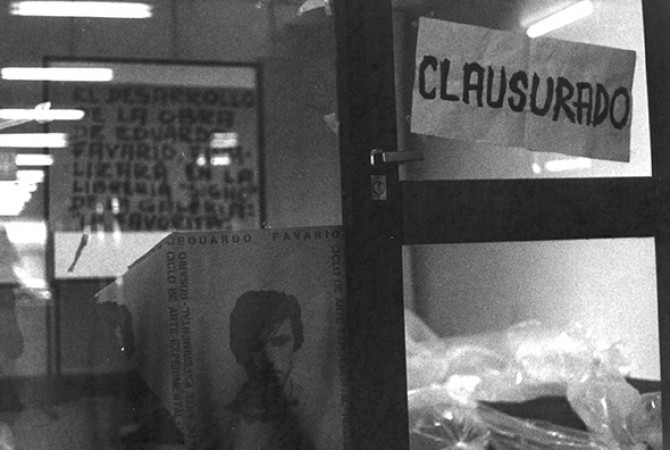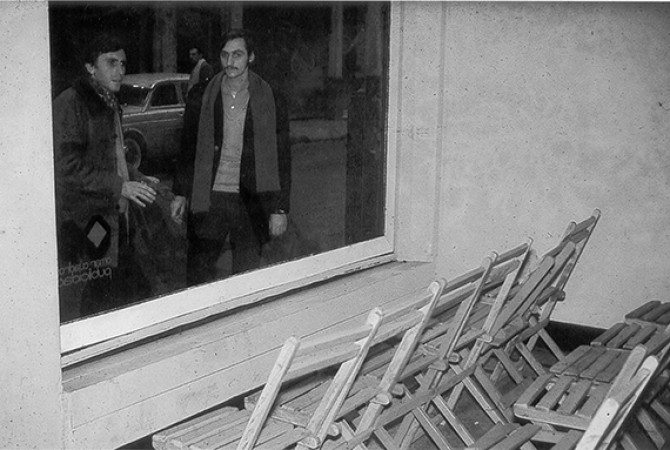Vectors
Graciela Carnevale
The practices of the 60s were experiences that changed us deeply. Practices that exceeded the limits of art to explore new formats and materials, new concepts and meanings. Actions that gave form to an imaginary and a way of making that involve us as subjects and as artists, transforming the means of production and distribution of works to conceive of reception as an instance of collective participation.
Our radicalization was not limited to the renewal of content, but also implied the transformation of language and our active participation at the heart of conflicts. In groups we learned and developed ways to think autonomously drawing on the knowledge and experiences of each one of us. In the heat of discussions and debates and in the frenzy of events, our artistic practice formed us as subjects.
What is an archive? When is it complete? How and from where does one question it? What does it the mean to research or exhibit an archive?
The archives of artistic practices explicitly linked to social contexts in repressive regimes allow us to know and study a multiplicity of expressions and actions that took place in these historical moments that were made invisible and ignored. Such archives offer us the possibility to construct readings and critical recuperations drawing on different viewpoints; conjunctural interpretations that re-actualize experiences and debates that originated in contexts and amidst concerns that may seem distant, yet resonate in the present. Potencies and energies that are still latent and seek to articulate themselves in coordinates that crisscross complex and diverse scenarios.
Changes in historical conditions stimulate the production of other types of interventions and alternative experimental practices in which art is linked to new forms of social movements producing new processes of subjectivization. The silenced “futures” that reactivate these memories of past struggles act as vectors that cross and recreate activist experiences of social transformation.
How can we imagine today practices in which other forms and other stories can counteract the schematic and simplified concepts of the artistic and the political and can be useful tools for the construction of new existential territories?
Graciela Carnevale, Rosario, April 2015


